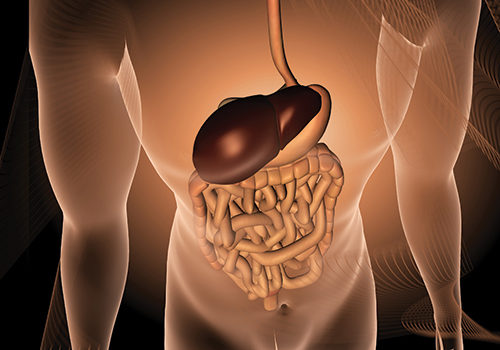
Microencapsulated Nutrients May Inhibit Food Intake

The study was double-blind and randomized. It was conducted on 59 volunteers who received either the active or control product on two separate test days. Food intake was determined during a meal 90 minutes after ingestion of the product, and visual analogue scale scores for satiety and blood samples for glucose analysis were collected at regular intervals.
Hunger was decreased and satiety increased significantly for the test group compared to the control group, although much less drastically than when the nutrients were delivered via intestinal intubation.
The researchers concluded by noting that the study was designed to deliver evidence for the proof of concept, not perfect a delivery method, find biological proof that the intestinal brake was activated, or discover whether or not this method is useful long-term. Thus, they said, a larger, longer study is necessary to clarify these issues.

The editorial team at WholeFoods Magazine has decades of experiences reporting on natural products industry news, trends, and more. This national, monthly business-to-business magazine has been published continuously for nearly 40 years (the magazine was founded in 1977, and has been owned by Wainer Finest Communications since 1984). It is the longest-tenured media outlet of its kind in the natural products industry. The editorial focus at WholeFoods Magazine is, and always has been, on informing and educating members of the natural products industry.
The Magazine
Information
About Us
NOTE: WholeFoods Magazine is a business-to-business publication. Information on this site should not be considered medical advice or a way to diagnose or treat any disease or illness. Always seek the advice of a medical professional before making lifestyle changes, including taking a dietary supplement. The opinions expressed by contributors and experts quoted in articles are not necessarily those of the publisher or editors of WholeFoods.







